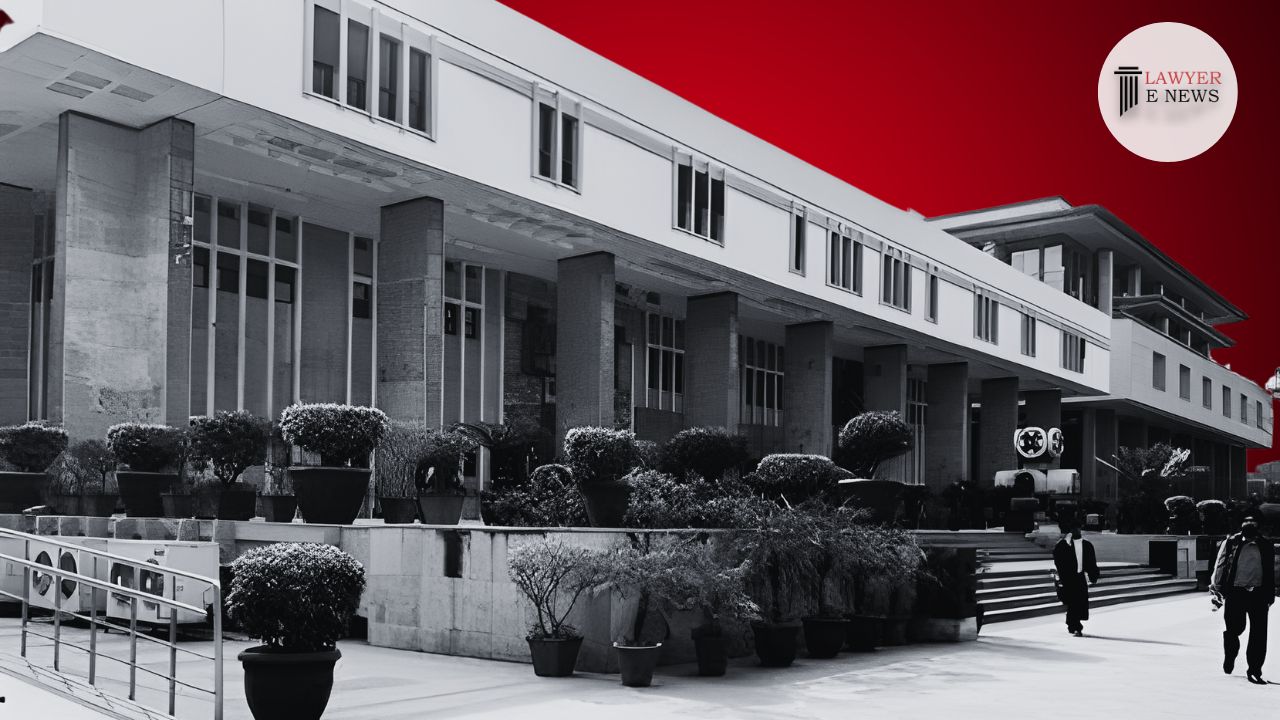-
by Admin
15 February 2026 2:16 AM



The Delhi High Court, in a significant judgment delivered by Justice Shalinder Kaur, upheld the trial court's decision dismissing the applications for recall and review in a partition suit involving alleged benami transactions. The court emphasized that the applications appeared to be attempts to delay the trial without substantial justification, stating, "Recall of witnesses is not permitted merely to fill lacunas in evidence already led."
The controversy centers around a partition suit related to properties allegedly purchased through benami transactions, where the petitioner sought the recall of the respondent for further cross-examination and review of a prior order closing evidence. The trial court had dismissed these applications, noting them as dilatory tactics, a decision contested under Article 227 of the Constitution and various provisions of the Code of Civil Procedure, 1908.
The petitioner, Rajesh Dhamija, argued that the multiple changes in legal counsel, due to their non-residence in India, led to the need for recalling the plaintiff for a more thorough examination. The trial court had previously allowed the respondent's evidence to be concluded after repeated attempts by the petitioner to introduce new evidence and arguments, which were perceived as attempts to unduly delay the proceedings.
The High Court noted, "The application under Order XVIII Rule 17 sought to recall the respondent without any specific justification or new evidence that would warrant further examination."
Justice Kaur referenced previous judgments, explaining that the recall cannot be used to address any omissions in the previously conducted examinations or to introduce evidence that could have been presented earlier.
The court criticized the petitioner's conduct, stating that changing legal counsel and filing repeated applications adversely impacted the trial's progress and reflected poorly on the petitioner’s intentions.
Although recognizing the need for fairness, the court was compelled to impose costs on the petitioners for their frivolous applications, stating that such behavior cannot be allowed to impede the judicial process.
The Delhi High Court allowed the petitioner one final opportunity to lead their defense evidence, subject to a cost of Rs. 25,000. The court modified and set aside previous orders only to this limited extent, maintaining the trial court's position on the non-permissibility of recalling witnesses to fill gaps in earlier testimonies.
Date of Decision: May 06, 2024
Rajesh Dhamija & Ors. vs Inder Kumar Dhamija & Ors.
